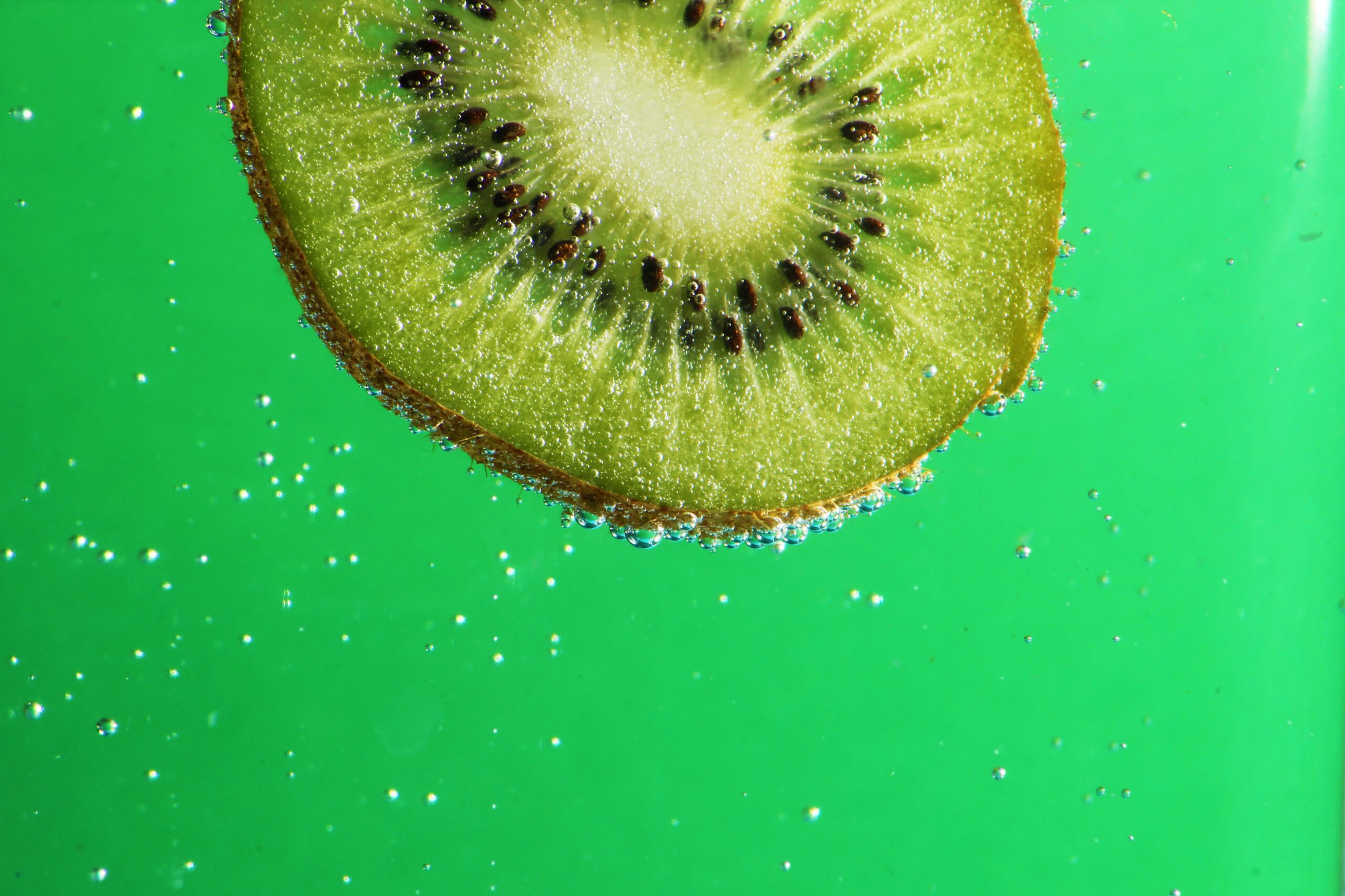Unpredictable Hangovers and Your Thyroid
Attending a Thursday happy hour with coworkers and downing a few glasses of chardonnay. Toasting your best friend’s engagement with some champagne. Putting on your sweats and cracking open a cider-beer to binge watch GOT.
Sometimes you get lucky and you’ll wake up feeling just fine after having a few drinks. Other times, you’ll wake up to the telltale hangover symptoms – headache, dry mouth, and nausea – after just one drink! What gives?
While there are many different factors that can influence your likelihood of developing a hangover after drinking alcohol, let’s focus on one that you probably haven’t heard of before: glutathione deficiency.
Glutathione (pronounced glute-a-thigh-own) is a master antioxidant that protects your cells from damage and helps your body to detox. Frequent toxin assaults, poor nutrient status, and even genetics can run your glutathione reserves dry and leave your cells vulnerable to inflammation. Alcohol is a toxin and without adequate glutathione we may find ourselves experiencing seemingly disproportionate or unpredictable hangovers.
Glutathione-Thyroid Connection
If you’re struggling with thyroid health (especially autoimmune thyroid, Hashimotos or Graves disease) you may have low glutathione. It bears to mention that many people with issues such as hypothyroid have never been tested for autoimmunity, although Hashimotos is the most common cause of under-active thyroid in the US. By only testing your thyroid stimulating hormone (TSH) levels, you’re missing several important markers – including those that your doctor can use to diagnose autoimmune thyroid. Remember that in Functional Medicine we see all disease as being rooted in inflammation. Regardless of the exact thyroid diagnosis you may have received, focusing on ways to reduce inflammation (including boosting glutathione levels) helps to restore balance in the body.
Even if you do not have any thyroid issues, given the many toxins that we interact with multiple times per day, everyone would benefit from making sure they’re supporting their glutathione levels. Low glutathione is associated with disease impacting virtually every major organ.
How To Feed Your Glutathione Levels
Dietary proteins are the sources of amino acids that our body needs in order to produce and recycle glutathione. Those amino acids that are considered critical to support glutathione levels are Methionine (pronounced meth-eye-oh-neen), Cysteine (pronounced sis-teen), and Glycine (pronounced gl-eye-seen). Low levels of any of these important nutrients could be the result of insufficient or poor diet and possibly poor digestion. Make sure that you improve the quality of your diet by adding clean and varied sources of protein along with generous amounts of vegetables, but don’t forget to tune into your body’s ability to digest the foods that you’re consuming.
Sulfur-Rich Plant Foods
Garlic
Onions, shallots, etc.
Cruciferous vegetables (e.g. broccoli, kale, cabbage, etc.)
Eggs
Seafood (fish, shellfish)
Poultry (chicken, turkey, quail)
Wild game (elk, buffalo)
Pork
Beef
Chicken
Pork
Wild game (venison)
Fish
Soy (more on soy here)
Bone broth and gelatin
Pork (including skin)
Chicken (including skin)
Lamb
Seafood (fish, shellfish)
Spirulina
“Even if you do not have any thyroid issues, given the many toxins that we interact with multiple times per day, everyone would benefit from making sure they’re supporting their glutathione levels”
In addition, your body also needs micronutrients to support glutathione. B vitamins such as B2, B6, B12, folate, and betaine and minerals like copper, magnesium, and selenium (nutrients frequently depleted by hormonal birth control, I should note) are all important when talking about maintaining glutathione.
Protect Your Precious Glutathione
Equally important to feeding your glutathione levels is to reduce your toxic load and improve the body’s ability to detox. Low glutathione can often be related to an increased demand for detoxification due to chronic low-level toxin exposure, or sometimes acute high exposure. Here is a list of the most common sources of toxins that I see with my clients:
- Alcohol
- Drugs (over-the-counter, pharmaceutical, recreational)
- Pesticides
- Pthalates
- Heavy metals (lead, mercury, aluminum, etc.)
- Chemical solvents (xylene)
- Gut dysbiosis
One thing that is important to point out is that our body detoxifies spent sex-hormones through the same pathways that are used to rid our bodies of toxins. By overloading our bodies with toxins, not only are we depleting glutathione, but we can also disrupt healthy hormone balance by limiting our body’s ability to properly self-regulate.
While it’s important to identify your unique sources of exposure, there are some general tips I like to use to reduce my toxin burden:
- Eat organic food whenever possible
- Use only natural/organic personal care products
- Avoid plastic food-ware and packaging (including BPA-lined cans)
- Limit alcohol
- Use a high-quality water filtration system (I use the Berkey Filter)
- Eat smaller fish (larger varieties are known to accumulate more heavy metals)
- Avoid products with added ‘fragrance’ (I like to use natural essential oils instead)
- Avoid antibacterial products that contain triclosan
- Testing the gut to evaluate health of the microbiome
Other than supporting glutathione with good nutrition and limiting sources of toxin exposure, it’s beneficial to remember our other detoxification pathways. By supporting our body’s ability to remove toxins through intestinal tract and skin, for example, it may help increase the efficiency or reduce the demand put on glutathione when it’s used by our liver. Toxins processed by our liver go on to be removed through either our gastrointestinal tract (aka in our poop) or excreted by our kidneys (aka in our pee). When our digestive system is sluggish (for example, when we are constipated), toxins can potentially be reabsorbed into our bloodstream from our gut, and have to be reprocessed all over again. To improve toxins gastrointestinal transit time, I like to increase fiber intake (ideally through diet, but also sometimes through supplementation) and add probiotics and fermented foods.
We can also detox through our skin and this can be enhanced by practices such as massage, dry-brushing, sauna, or exercises that make you sweat.
Testing Your Glutathione Levels
Even though supporting glutathione and reducing toxin exposure is sort of an everybody-thing, if you’ve been struggling with unpredictable hangovers and/or thyroid issues it can be beneficial to evaluate detoxification indicators through more advanced testing.
Here is a sample portion of a Functional Medicine lab test that looks to see, not only whether glutathione levels are adequate but can also potentially shed light on the unique sources of toxin exposure.
And that’s it! Are deplete glutathione reserves the source of your unpredictable hangovers?



